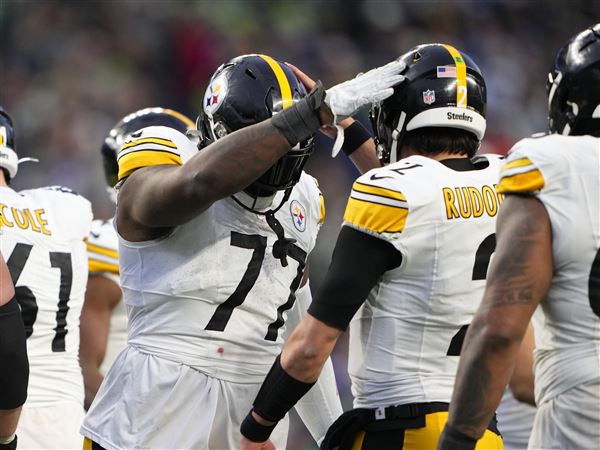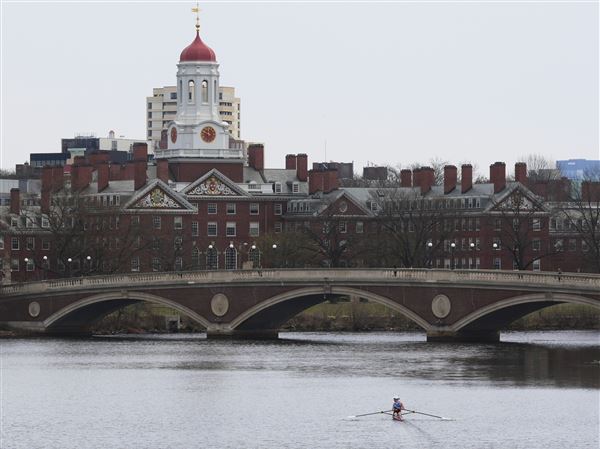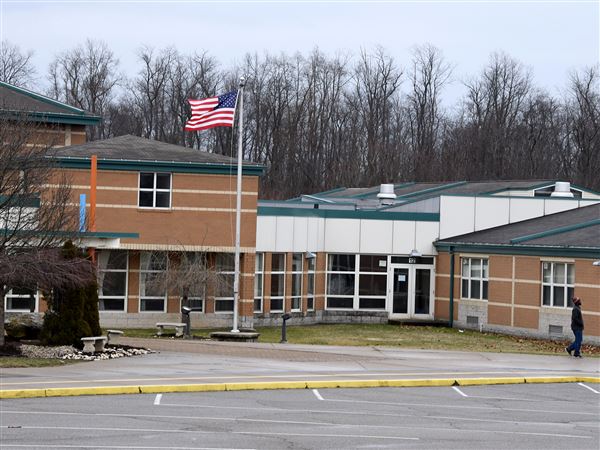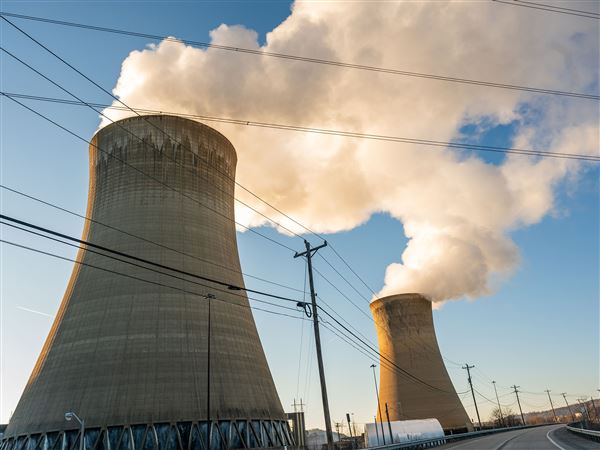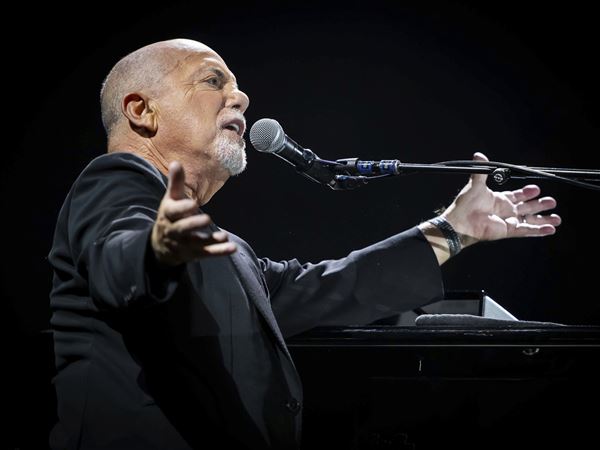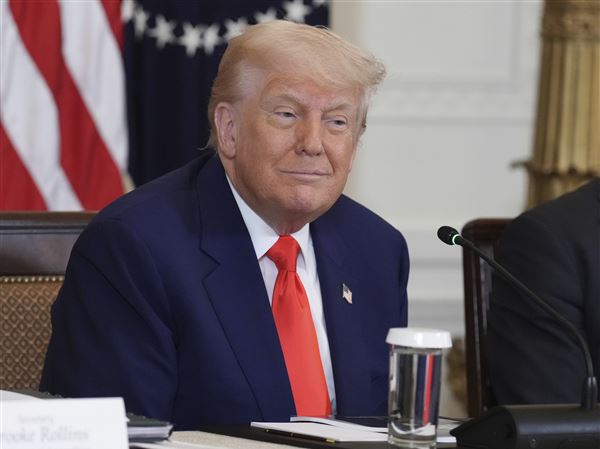CARTAGENA, Colombia -- A summit meeting of Western Hemisphere nations ended without a final statement of consensus Sunday, after the United States and some Latin American nations remained sharply divided over whether to continue excluding Cuba from such gatherings.
President Barack Obama and Colombia's President Juan Manuel Santos, the host, each proclaimed the Summit of the Americas a success at a joint news conference afterward, though the gathering yielded no major achievement. The meeting, the first since 2009, served mostly as a forum for leaders from more than 30 nations to air their positions on energy, trade and drug trafficking.
Mr. Obama and Mr. Santos each lauded their nations' separate accord over labor rights in Colombia, which cleared the way for Mr. Obama to allow the free trade agreement that the two nations concluded last year to take effect on May 15.
The developments made for a decidedly mixed result for Mr. Obama during the weekend. By refusing to sign a statement that would have called for the next summit meeting to include Cuba, Mr. Obama avoided antagonizing some Cuban-American voters in Florida, a crucial battleground state in this year's presidential election. But he angered his political allies among U.S. union leaders and liberal groups, who had urged him not to certify that Colombia had met its obligations on labor rights. They cited continued human rights violations and even killings of union organizers in Colombia.
"We regret that the administration has placed commercial interests above the interests of workers and their trade unions," Richard Trumka, the president of the AFL-CIO, said in a statement.
The issue of Cuba's exclusion from events like the Summit of the Americas gathering has been a perennially divisive one, and increasingly so lately, more than 50 years after the United States imposed its embargo of the island nation after the military takeover by Fidel Castro in 1959. While the push to include Cuba was led by leftist governments in the region, including Venezuela and Bolivia, Mr. Santos also joined in the effort, calling the U.S. position a Cold War anachronism.
Mr. Obama defended the United States' stance on Cuba, which had support from Canada's Prime Minister Stephen Harper.
"Cuba, unlike the other countries that are participating, has not yet moved to democracy," Mr. Obama said. And referring generally to other Latin American countries' success in overcoming dictatorship and oppression in favor of democracy, Mr. Obama asked "why we would ignore that same principle here?"
Mr. Obama denied acting out of electoral concern over Florida, saying that his position on Cuba had been consistent through his political career. He cited steps that his administration had taken to broaden relations between the American and Cuban people, including allowing Cuban-Americans to send money more freely to relatives in Cuba and to travel there more easily.
Another obstacle this time was Argentina's unsuccessful demand for language in it that would support its claim of sovereignty over the Falkland Islands, a British dependency in the South Atlantic. In that dispute, which boiled over into a war between Argentina and Britain in 1982, Mr. Obama said the United States remains neutral.
With the backing of several other Latin American leaders, Mr. Santos gave prominence on the summit agenda to a discussion of whether the longtime, United States-led "war on drugs" ought to be replaced with some potentially more effective strategy, perhaps even decriminalization.
The leaders agreed to direct the Organization of American States to name a group of experts to study the issue.
First Published: April 16, 2012, 4:00 a.m.
Updated: April 16, 2012, 4:14 a.m.
